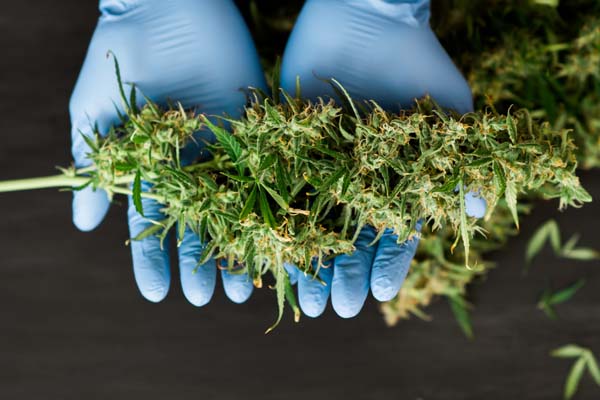
Several states had recreational marijuana on the ballot. Maryland and Missouri became the 20th and 21st states to legalize marijuana for adult recreational use on Tuesday, but cannabis reform efforts met defeat in Arkansas, North Dakota and South Dakota.
Maryland voters approve a constitutional amendment that legalizes recreational marijuana for people 21 and older. It will go into effect on July 1, 2023, and allow possession of 1.5 ounces or two plants. Possession of small amounts of marijuana was already decriminalized in Maryland. Under the amendment, those previously convicted of cannabis possession and intent to distribute will be able to apply for record expungement, according to media reports.
Missouri voters ended prohibitions on marijuana in the state and allow personal use for those over the age of 21. It will allow for personal possession up to three ounces and allow individuals with marijuana-related non-violent offenses to petition for release from prison or parole and probation and have their records expunged.
North Dakota voters rejected a citizen-initiated ballot measure that aimed at allowing the use of marijuana in “various forms” for those who are at least 21 years-old. It would have allowed marijuana possession of up to an ounce and all marijuana to be tested in a facility “for the potency of products and the presence of pesticides” and subject to random inspection.
South Dakotans rejected legalizing cannabis in the state, too. Legalization for recreational marijuana use had passed in South Dakota in 2020, but the results were nullified by state courts. According to the proposed 2022 ballot measure, marijuana possession of up to an ounce would have been legal. It also would have legalized possession of marijuana paraphernalia, use and distribution.
Additionally, Arkansas voters rejected a constitutional amendment that would have allowed cannabis possession and recreational consumption by adults as well as the sale by licensed facilities. Had it passed, cannabis possession of up to an ounce would have been legal and some tax revenue from marijuana sales would have contributed to funding law enforcement.
